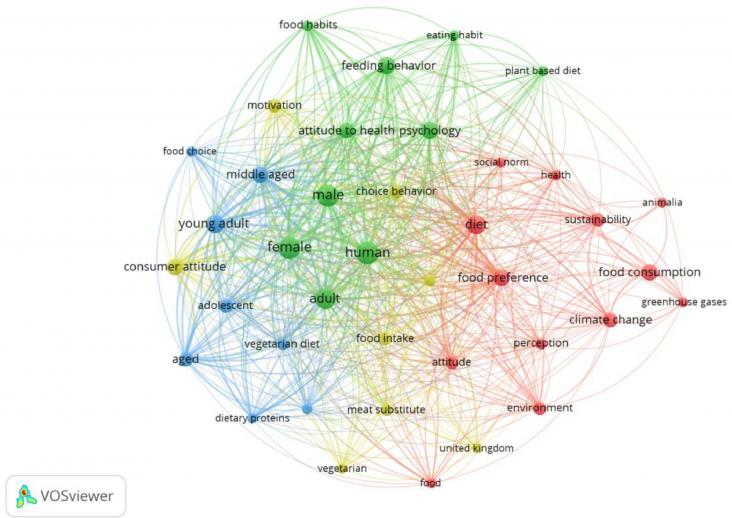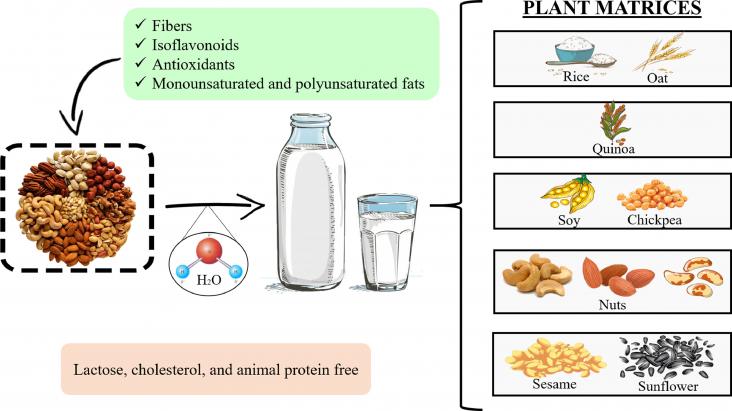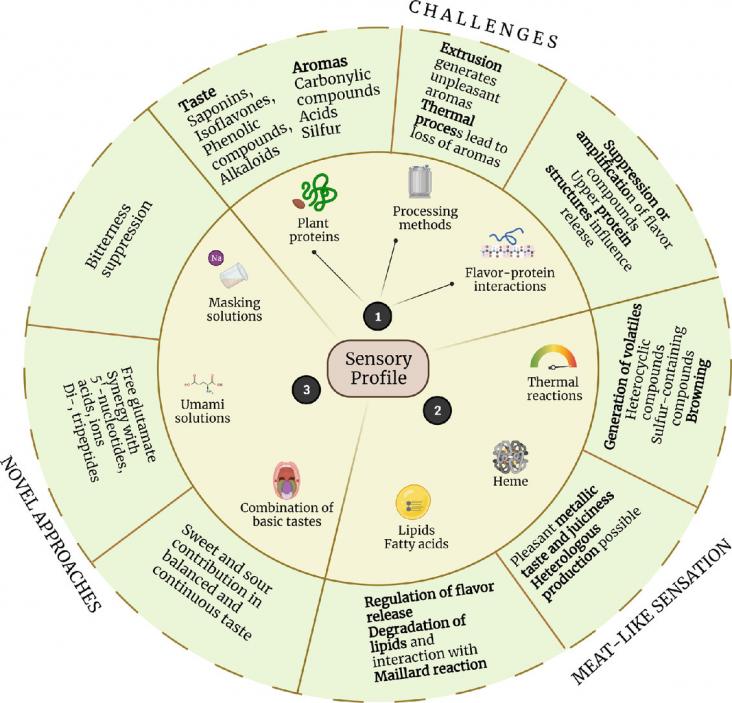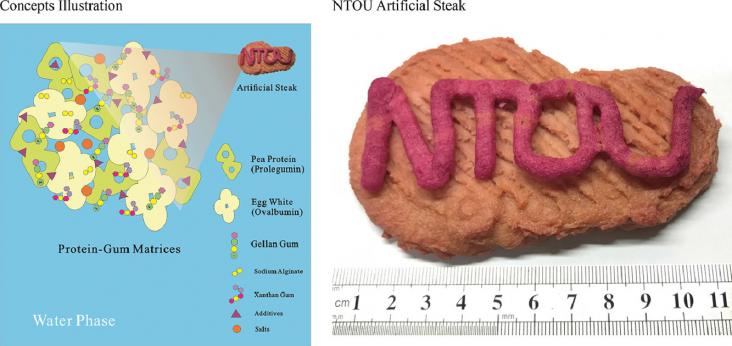This Review supports SDGs 5 and 13, analysing the evidence on the effect of extreme weather events on gender based violence. Concluding that the increases in gender based violence during or after such events is linked to various factors, including economic instability, mental stress, and disrupted infrastructure.

The Paris Agreement goal of stabilizing temperature below 1.5C calls for a reduction of global energy consumption. Energy Efficiency policies are necessary but not sufficient to reduce energy consumption. Energy Conservation and Energy Sufficiency Policies complement Energy Efficiency policies, together they can reduce energy demand. The article presents some existing and new policies which address sufficiency. There is the need for coherent policy package with different types of policy instruments addressing efficiency and sufficiency.

Several studies have indicated that a global reduction in meat consumption is inevitable for sustainability and public health, despite the challenges inherent to changing eating habits.
The availability of food is the basic entity for the survival of human. The resources that make a nation food secured is guided by multiple factors and can be evaluated using a set of indicators.
Transitioning toward plant-based diets can alleviate health and sustainability challenges.

Cow's milk is considered a staple in many diets due to its high nutritional value. It contains almost every nutrient that the human body needs.
Meat induces large environmental impact while supplying important nutrients, and meat substitutes are increasingly adopted as direct replacers of meat products.

Recent proposals in the US and elsewhere aim to tackle climate change and socioeconomic inequalities together through a Green New Deal (GND).


